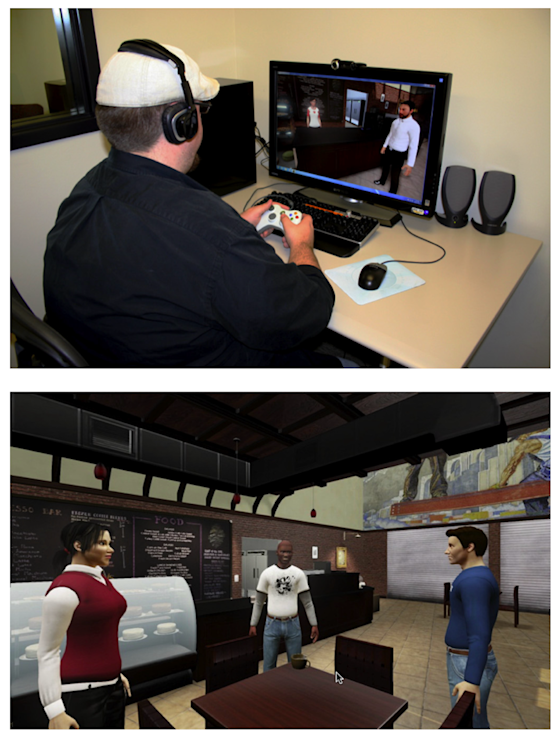Overview
Autism spectrum disorder (ASD) presents differently from one individual to the next, which poses a significant challenge in addressing the social, communication, and behavioral deficits present in individuals with ASD. To address this challenge, researchers targeted objective neural predictors for treatment outcomes in individuals with ASD. Participants included a sample of 17 young adults with high-functioning ASD, and data was gathered with functional MRI to track changes in participants’ brains as they engaged in a Virtual Reality-Social Cognition Treatment (VR-SCT). The brain areas of interest to researchers were those involved in (a) language comprehension and integration, and processing incongruent auditory emotions and prosody, and (b) socio-emotional experience processing, interpersonal affective information processing, and emotional regulation. This pilot study provides the first evidence in the field of ASD that treatment effectiveness at the individual level in adults with ASD can be accurately predicted, and it offers a key direction toward increasing the effectiveness of intervention for adults with ASD.
Figure 1 - The computer setup and example screenshots of a virtual training session






